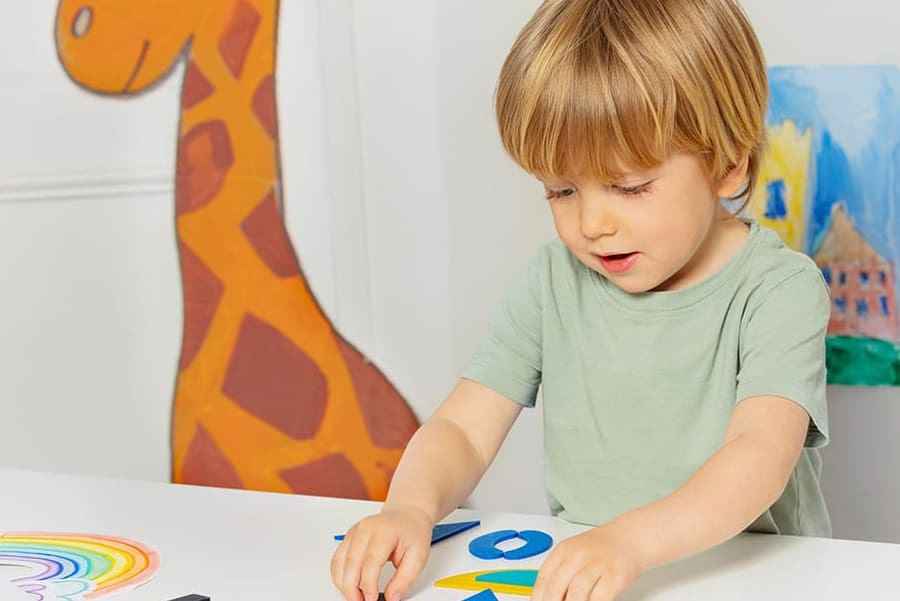Orofacial Myofunctional Disorders (OMDs) Support at CST Academy
Building Stronger Muscles for Clearer Speech, Better Feeding, and Confident Smiles

What Are Orofacial Myofunctional Disorders?
OMDs are conditions where the muscles of the face, mouth, and tongue do not function as they should. These challenges can affect feeding, speech clarity, breathing patterns, and facial development. Common examples include tongue thrust, mouth breathing, incorrect resting posture of the tongue, and difficulty with oral motor coordination.
Our team uses research-based techniques and playful, motivating activities to help children improve function and reduce the long-term effects of untreated OMDs.

Why Choose CST Academy for OMD Support?
We go beyond treating symptoms—our approach considers how OMDs affect every part of a child’s development. Our speech therapists collaborate closely with occupational therapists, feeding specialists, and physical therapists to deliver well-rounded care that addresses both root causes and functional outcomes.
We also guide and empower families. From day one, you’ll receive updates, strategies, and support to reinforce progress at home.
The CST Academy Difference
Helping Your Child Build Strength and Confidence
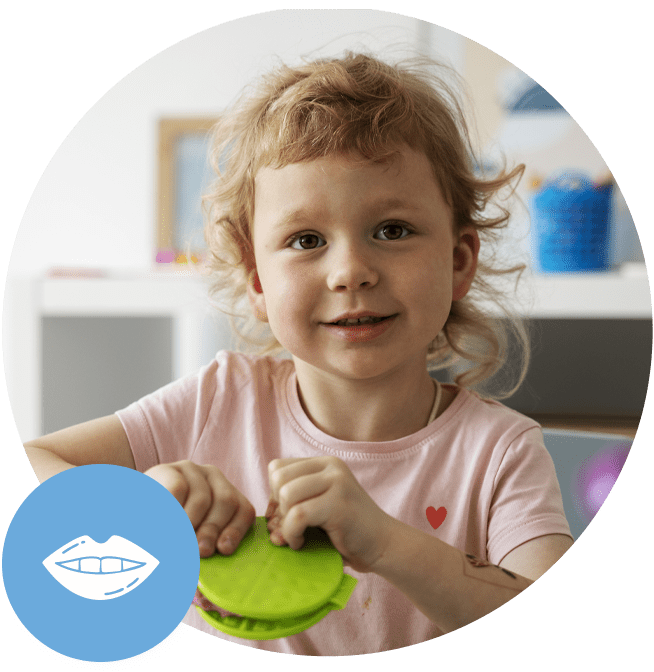
Oral Rest Posture
Mouth Breathing & Nasal Breathing Training
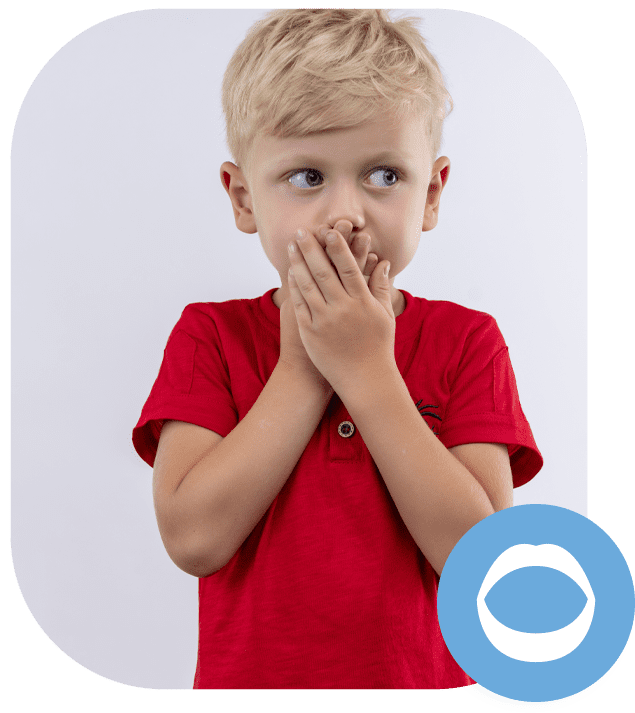
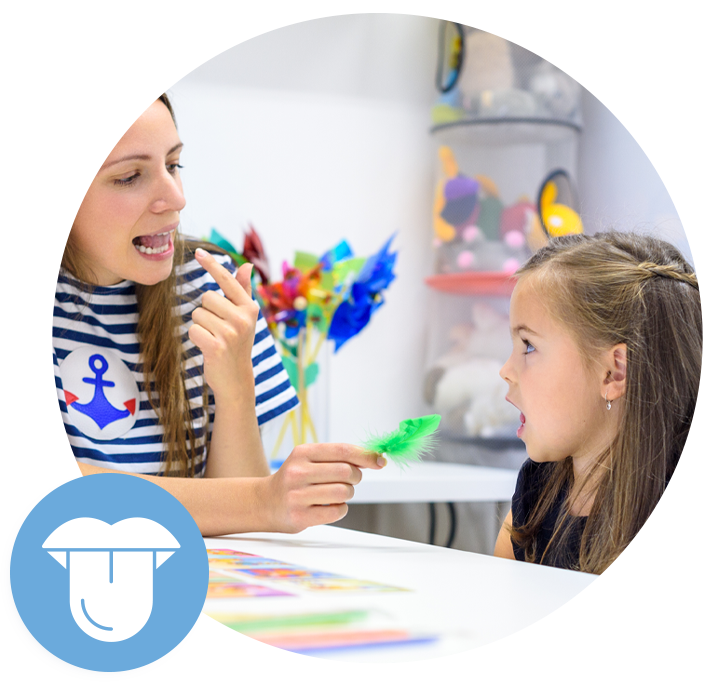
Tongue Thrust Correction
Chewing & Swallowing Skills
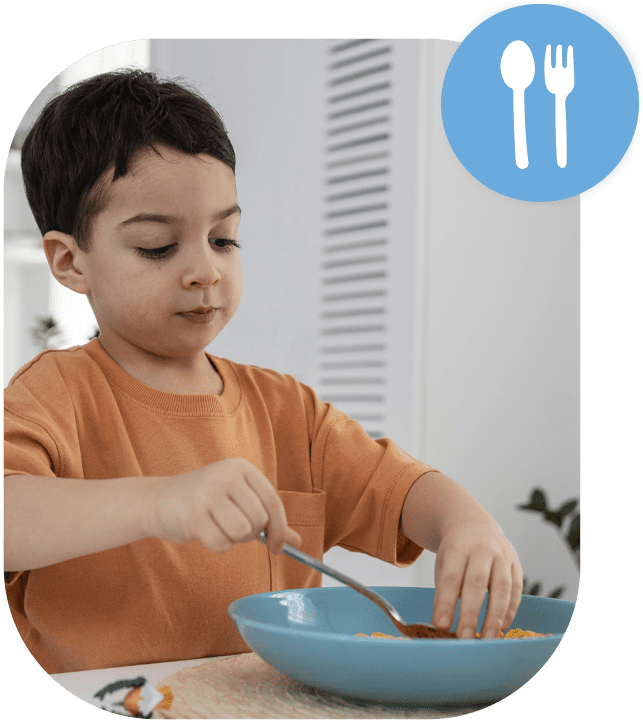
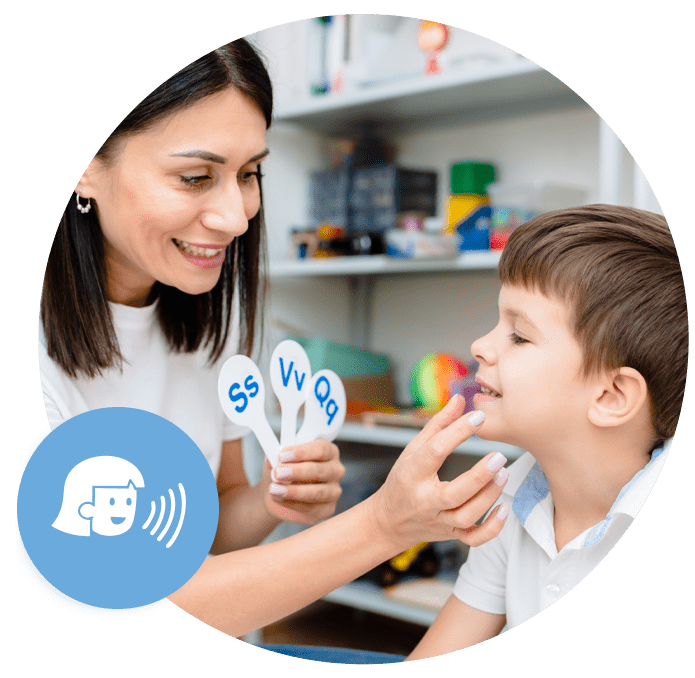
Speech Sound Production
Oral Habit Elimination (Thumb Sucking, Pacifier Use, etc.)
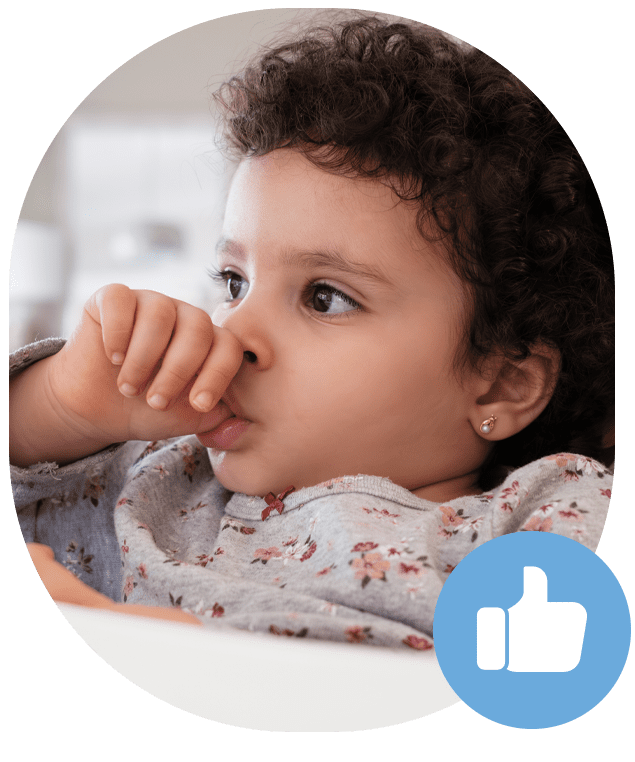
Start Your Journey with CST Academy Today
"*" indicates required fields
When to Consider Orofacial Myofunctional Support
Mouth Breathing or Open-Mouth Resting Posture
Tongue Thrust When Swallowing
Difficulty with Clear Speech Sounds
Drooling Beyond Expected Age
Messy Eating or Difficulty Chewing and Swallowing
Thumb Sucking or Prolonged Pacifier Use
Supporting Stronger Function, One Step at a Time
We create a warm, empowering space where children can gain confidence in their abilities through structured, play-based support. Our therapists meet each child with compassion and expertise, tailoring care to their unique needs while helping them build skills that extend far beyond the therapy room. With encouragement, consistency, and collaboration, we celebrate progress at every turn—because we know even small improvements can have a big impact on quality of life.

Parent Testimonials:
Building Strength and Confidence Through OMD Support






